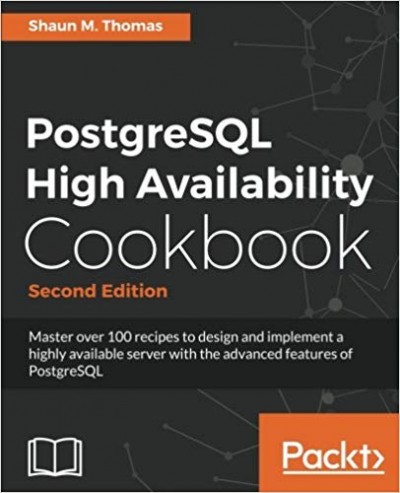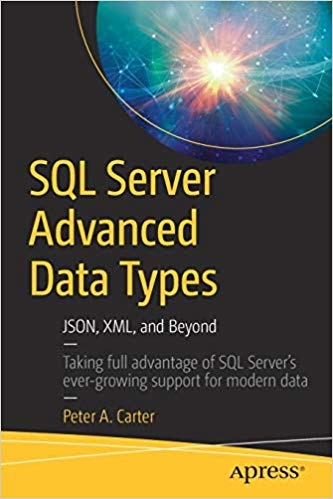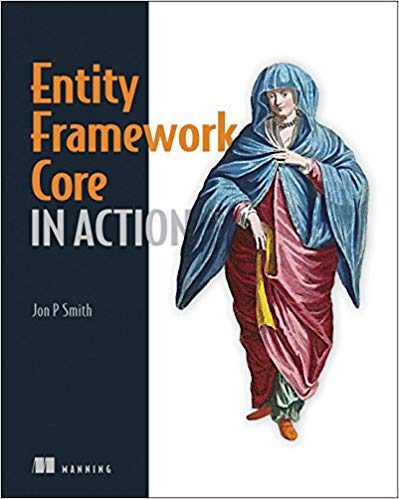Autor Shaun M. Thomas
Categorie De specialitate
Subcategorie Calculatoare / IT

Descriere
Welcome to the PostgreSQL 9 High Availability Cookbook! As a database engine, PostgreSQL is settling into its place as a reliable bastion of high-transaction rates and very large data installations. DB-Engines recently listed PostgreSQL as the third most popular database software in the world! With such notoriety comes increasing demand for PostgreSQL to act as a critical piece of infrastructure. System outages in these environments can be spectacularly costly and require a higher caliber of management and tooling. It is the job of a DBA to ensure that the database is always available for application demands and client needs. Yet this is extremely difficult to accomplish without the necessary skills and experience with common operating-system and PostgreSQL tools. Installing, configuring, and optimizing a PostgreSQL cluster is but a tiny fraction of the process. We also need to know how to find and recognize problems, manage a swarm of logical and physical replicas, and scale to increasing demands, all while preventing or mitigating system outages. This book is something the author wishes existed 10 years ago. Back then, there were no recipes to follow for building a fault-tolerant PostgreSQL cluster; we had to improvise. It is our aim to prevent other DBAs from experiencing the kind of frustration borne of reinventing the wheel. We've done all the hard work, taken notes, outlined everything we've ever learned about keeping PostgreSQL available, and written it all down in here. New to the second edition is a simpler but more elastic approach to building a highly available PostgreSQL cluster. We’ve also incorporated updates to the recipes to make them compatible with PostgreSQL versions 9.5 and 9.6. A lot can change in two years, and PostgreSQL is a quickly moving target. We can only imagine what kind of features the future might bring. We hope you find this book useful and relevant; it is the product of years of trial, error, testing, and no small amount of input from the PostgreSQL community.
Descarca PDF
Listată pe: 26 octombrie 2024
TOP 10 Cărți
















